-
Solutions
-
Waterworks
Pressure Reducing
Pressure Sustaining / Pressure Relief
Flow Control valves
Float Valves - Level Control
Electrically Actuated Valves
Pressure Modulation - Remote Control
Altitude Valves - Level Control
Burst Control Valves
Pump Control
CLA-VAL "HYTROL" Main Valve
Valve Controllers and Data Loggers
Air Valves
See allWaterworks
-
Military Fuelling
-
- About us
-
Blog
- Support
-
Contact
Blog
7 Compelling Reasons Why Float Valves Are Essential for Efficient Water Management
In an era where efficient water management is paramount, the importance of Float Valves cannot be overstated. According to a recent report by the International Water Management Institute, up to 70% of the world's freshwater resources are used for agriculture, and improper water control mechanisms can lead to significant waste. Float Valves play a crucial role in regulating water levels in various applications, ensuring optimal use of resources while preventing overflow and depletion.

Studies indicate that implementing advanced Float Valves in irrigation systems can reduce water usage by as much as 30%, highlighting their efficiency and necessity. As environmental challenges grow, understanding the multifaceted benefits of Float Valves becomes essential for anyone involved in water management, from agricultural professionals to municipal water authorities.
Importance of Float Valves in Regulating Water Levels for Agricultural Irrigation
In agricultural irrigation, maintaining optimal water levels is crucial for crop health and productivity. Float valves play a pivotal role in regulating water levels in irrigation systems, ensuring that crops receive the appropriate amount of water without wastage. According to recent studies, modernizing irrigation schemes can lead to a 20-30% increase in water-use efficiency. This advancement is largely attributed to the implementation of sophisticated water management tools like float valves, which automatically adjust water flow based on real-time water levels.
Tips for effective water management in irrigation include regularly checking float valve functionality to prevent malfunctions. Additionally, farmers should consider integrating smart irrigation systems that can work in conjunction with float valves to provide precise water application based on weather patterns and soil moisture levels. Research indicates that these combined technologies can reduce water consumption by up to 25%, promoting sustainable agricultural practices.
Investing in float valves not only optimizes water use but also contributes to broader agricultural modernization goals. By adopting these efficient water management solutions, farmers can enhance crop yields while simultaneously conserving vital water resources. This aligns with global efforts to improve sustainable agricultural practices, highlighting the importance of float valves in the modern farming landscape.
How Float Valves Contribute to Sustainable Water Conservation Practices
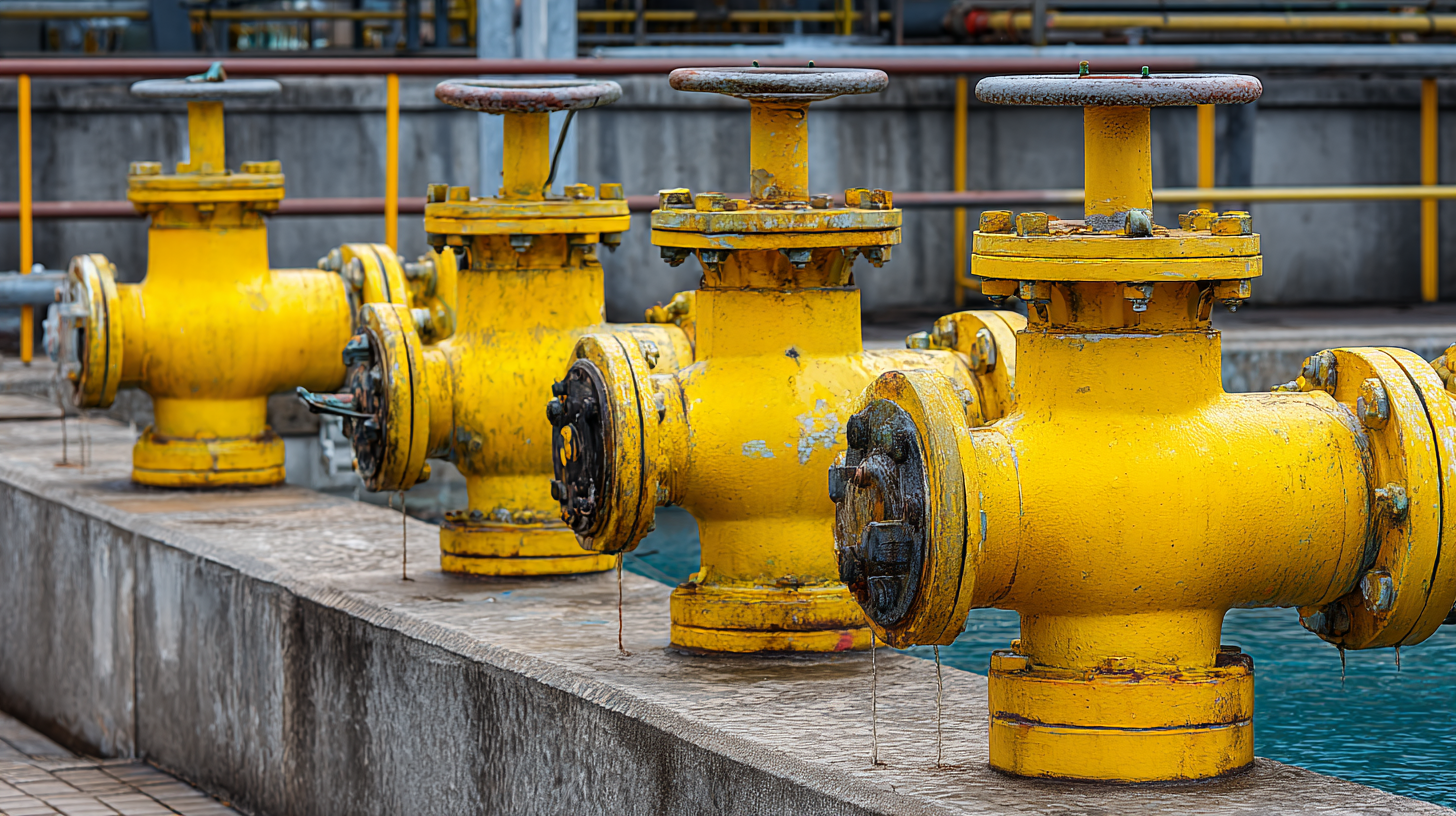 Float valves play a crucial role in sustainable water conservation practices by automating the management of water levels in various systems. These valves function by detecting the water level within tanks or reservoirs and triggering an automatic shut-off when a predetermined level is reached. This ensures that water is not wasted, allowing for more efficient use of available resources. By minimizing overflow and preventing wastage, float valves contribute significantly to sustainable water management, especially in agricultural settings where water scarcity is a pressing issue.
Float valves play a crucial role in sustainable water conservation practices by automating the management of water levels in various systems. These valves function by detecting the water level within tanks or reservoirs and triggering an automatic shut-off when a predetermined level is reached. This ensures that water is not wasted, allowing for more efficient use of available resources. By minimizing overflow and preventing wastage, float valves contribute significantly to sustainable water management, especially in agricultural settings where water scarcity is a pressing issue.
Moreover, float valves enhance the effectiveness of rainwater harvesting systems and irrigation setups. By maintaining optimal water levels, they support the effective capture and use of rainwater, which is essential in regions prone to drought. This efficient regulation not only conserves water but also reduces the reliance on groundwater sources. In commercial and residential applications, float valves facilitate the management of swimming pools and water features, ensuring that water levels remain consistent without unnecessary replenishment. Thus, the integration of float valves into various water management systems is crucial for promoting sustainable practices that protect this vital resource for future generations.
Impact of Float Valves on Reducing Water Waste in Industrial Applications
Float valves play a crucial role in improving water efficiency, particularly in industrial applications where water waste can significantly impact operational costs and environmental sustainability. By regulating water flow and ensuring that only the necessary amount is used, float valves not only prevent overflow but also minimize the risk of leaks that could otherwise lead to substantial water losses. As industries continue to face challenges related to water scarcity, the adoption of effective water management tools like float valves becomes essential.
Recent advancements in smart water technology reveal that integrating systems such as float valves into broader water management strategies can significantly enhance water reclamation processes. For instance, industries can utilize these devices within closed-loop systems, thereby maximizing water reuse and minimizing wastage. The adaptation of circular water use practices demonstrates a growing trend towards sustainable water management, facilitated by technologies that help maintain efficiency while adhering to regulatory standards. This approach not only conserves valuable water resources but also aligns with increasing regulatory pressure to minimize environmental impact.
Technical Insights: The Design and Functionality of Modern Float Valves
Modern float valves represent a critical advancement in water management technology, combining innovative design with exceptional functionality. According to research from the International Water Association, inefficient water systems can lead to wastage of up to 30% of treated water, underscoring the importance of reliable components like float valves. These devices operate on a simple principle: as the water level changes, a buoyant float rises or falls, adjusting the valve to regulate flow. This ensures that reservoirs maintain optimal water levels, preventing overflow and conserving resources.
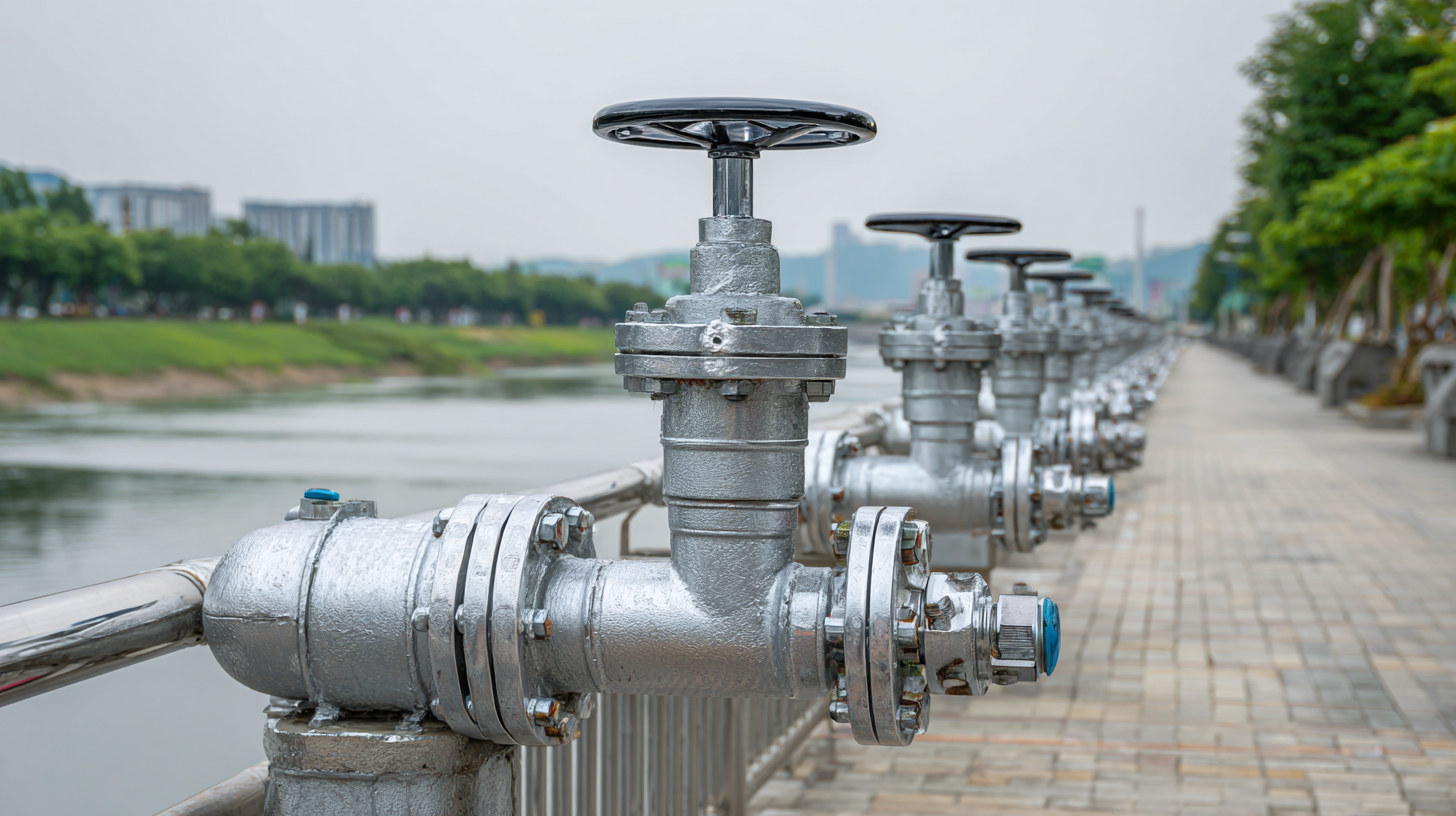
The technical design of contemporary float valves incorporates durable materials and precise engineering to enhance performance and longevity. For instance, a report by the American Society of Civil Engineers highlights that modern float valves significantly reduce maintenance costs by up to 25% compared to older models. Features such as adjustable float settings and robust seals contribute to their reliability in various applications, from agricultural irrigation systems to large municipal waterworks. The integration of these advanced float valves is essential for efficient water management, reflecting a commitment to sustainability and resource conservation.
Case Studies: Float Valves in Action Across Various Water Management Systems
Float valves play a critical role in various water management systems, showcasing their importance through multiple case studies. In real-time control of water distribution networks (WDNs), float valves enable efficient monitoring and regulation of water levels, ensuring consistent and adequate supply. For instance, in smart water management projects utilizing IoT technology, these valves work seamlessly with sensors to detect water levels and automate filling processes, thereby minimizing waste and preventing overflow. This integration exemplifies how traditional components like float valves adapt to modern advancements in technology.
Moreover, the application of float valves in urban flooding mitigation efforts is noteworthy. For instance, in cities like Ho Chi Minh, effective water management practices, including the strategic use of float valves, help regulate water levels during heavy rainfall, reducing the risk of urban flooding. These valves facilitate the controlled release of water, ensuring that drainage systems operate efficiently even during peak conditions. Through such case studies, it’s evident that float valves not only enhance operational efficiency but also contribute significantly to sustainable water management practices.
Related Posts
-
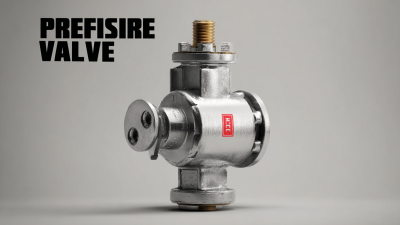
Common Challenges Faced When Selecting the Best Pressure Relief Valve Solutions
-

7 Reasons Why the Best Air Release Valve is Essential for Your Operations
-

Unlocking Global Opportunities for Pressure Release Valves at the 2025 Canton Fair
-

Finding Quality Suppliers for Best Pressure Control Solutions and Effective Sourcing Strategies
-
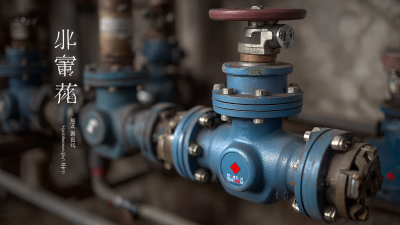
The Global Power of Chinese Manufacturing Behind the Best Water Pressure Reducing Valve
-
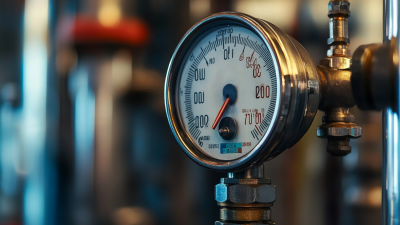
Ultimate Checklist for Selecting the Best Pressure Relief Solutions for Your Business
CLA-VAL UK Limited
Dainton House
Goods Station Road
Tunbridge Wells
Kent, TN1 2DR
© 2025 CLA-VAL UK | site map | Terms and Conditions of Sale and Warranty | Privacy policy

